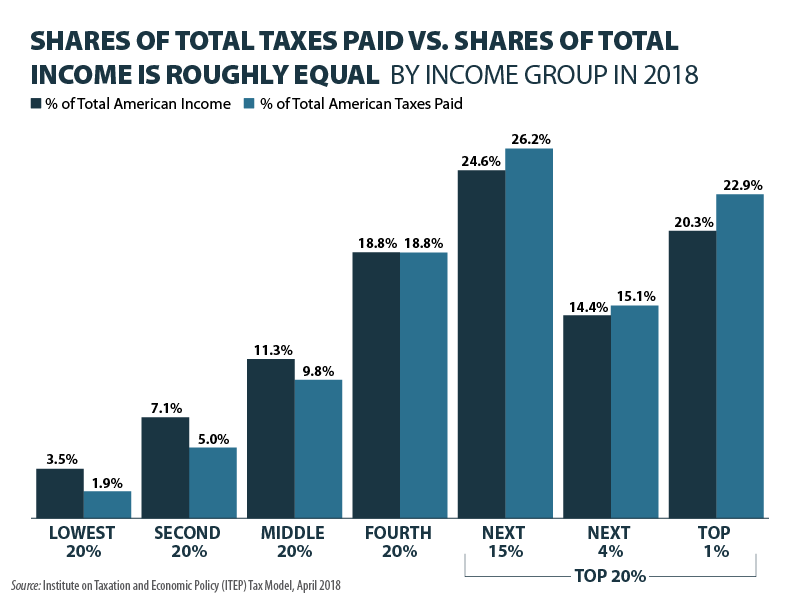The Difference Between Markups and Margins Explained
In a business, markups and margins are two different concepts that are related to cost of goods sold and profit. While they are not exactly the same, they do share some basic characteristics. In addition, they are calculated in a predictable manner. Let's look at how these two concepts work. Markup is based on cost of goods sold In retail, markup is the value added to the cost of goods sold. This value usually equates to the retail price. For example, a FMCG company sells a bar of soap to a retailer for Rs 10. The retailer then adds an additional Rs 2 as value, selling the bar to the final consumer for Rs 12. The retail price is then 20% higher than the cost price, which is the markup. Markup is calculated by using a formula. The first step in calculating markup is to calculate the cost of goods sold, and divide that by the number of units sold. The result is the average selling price per unit. The difference between the cost and selling price is the markup. For example, a $40 product with a 40% markup would sell for $140. The formula for calculating markup is simple,
read more →Demystifying Form 706-NA: A Comprehensive Guide to Estate Tax Reporting for Non-U.S. Citizens
Executor/personal representatives must file Form 706-NA, United States Estate (and Generation-Skipping Transfer) Tax Return when the gross estate, adjusted taxable gifts and gift tax specific exemption exceed the filing limit for the year of death. Massachusetts real estate and tangible personal property should be entered on Line 1 of the July 1999 revision of Form 706. Do not reduce this gross value through mortgages, liens or debts. 1. Identifying the Decedent’s U.S.-Situated Assets When someone dies, their estate may be responsible for US taxes on assets passed on to beneficiaries. Executors must calculate this potential tax liability using Form 706, while SmartAsset offers free financial advisor matching tools which connect people with experience filing the form. As part of calculating a taxable estate, the first step should be identifying all of an estate's assets located within the United States as of its date of death - this figure is known as gross estate value. First, subtract allowable deductions from the gross estate to arrive at its taxable estate value. Finally, include any taxable gifts made within nine months of death as well as amounts paid out for life insurance policies or annuities and generation-skipping transfer taxes that must be paid.
read more →
International Taxation for US Expats: Navigating the Different Tax Laws
The United States is one of the only countries in the world that taxes its citizens based on citizenship, not place of residency (Eritrea is the other). However, some parts of US expats’ income may be eligible for exemptions and deductions. This can help reduce their overall tax burden, even when they are not living in the US. Tax treaties Expatriates who move abroad can benefit from the many tax treaties that the United States has with over 60 countries. These treaties aim to reduce the risk of double taxation and to provide a framework for communication and cooperation between the two countries involved. While the specific details of a tax treaty will vary from one country to another, it is important to know the basics so that you can take advantage of these benefits. These benefits are often offered in the form of credits and deductions for various types of income, including dividends and interest. A tax treaty may also allow you to exclude from US taxation certain types of income based on your residency or nationality, such as personal services income. This type of income is for work you perform on a regular
read more →
Overview of US Taxation for American Expats in Portugal
Here's my take on tax neuances for American expats in Portugal that I obtained from Derren Joseph at HTJ.tax As an American expat living in Portugal, it is essential to understand your tax obligations in both the United States and Portugal. Failure to comply with these obligations can result in significant penalties and fines. This article aims to provide an overview of US taxation for American expats in Portugal and provide some helpful tips to ensure tax compliance. US Tax Residency Status The United States uses a “citizenship-based” taxation system, which means that all American citizens are subject to US taxation, regardless of where they live. To determine your tax residency status, the IRS uses two tests: the Green Card test and the Substantial Presence Test. The Green Card test applies to permanent residents of the United States, while the Substantial Presence Test applies to non-resident aliens who spend a significant amount of time in the United States. US Tax Filing Requirements As an American expat in Portugal, you are required to file a federal tax return each year, regardless of your tax residency status. The types of income you report
read more →.png?sfvrsn=34046ffe_3)
US Taxation in Singapore
Let's talk about US Taxation Singapore . There are various taxation arrangements in Singapore. The country imposes a variety of taxes on individuals, corporations, and businesses. This includes income that comes from a source outside of Singapore. In addition, there are concessions made for expatriates. Avoidance of double taxation agreement If you're a US citizen living in Singapore and you're planning to work in the country, you may have to pay double taxes. However, you can eliminate the tax if you sign up for a tax avoidance agreement. The agreement protects you from double taxation and allows you to enjoy tax credits for income you've earned outside the country. When you apply for an avoidance of double taxation agreement, you need to fill out a form and submit proof of your residence in Singapore. You must also submit a certificate from the tax authority of the treaty country. In this way, the government can determine whether you qualify for the tax credit. There are several different types of tax agreements. Some are comprehensive, meaning they cover all types of income; others are limited, such as those that only protect income derived from air or shipping.
read more →
Tips For Those Exposed to Multi-Country Tax Laws
If you are exposed to multi-country tax laws, you should follow these tips to avoid potential problems. In this article, we'll cover how to prepare for multi-country tax laws, treaties that may cover these taxes, and how to work with cross-border employers. By following these tips, you can protect your business. Preparing for multi-country tax laws Tax strategies and policies are constantly changing in response to global political and social disruption. Unexpected events such as trade wars and supply chain disruptions may affect your tax strategy. In addition, more people are working across national borders. Therefore, it is critical that you prepare your team for multi-country tax laws. Multinational corporations face a number of challenges when navigating multiple country tax laws. Thankfully, new developments are bringing new changes and new guidance. For example, the Tax Cuts and Jobs Act of 2017 (TCJA) affects multinational corporations, and the IRS is busy trying to determine its full impact. Luckily, the Department of Treasury is releasing new guidance on a regular basis. Many countries are developing and implementing tax agreements with one another to help companies avoid double taxation and other issues. These agreements are designed to ensure that multinational
read more →